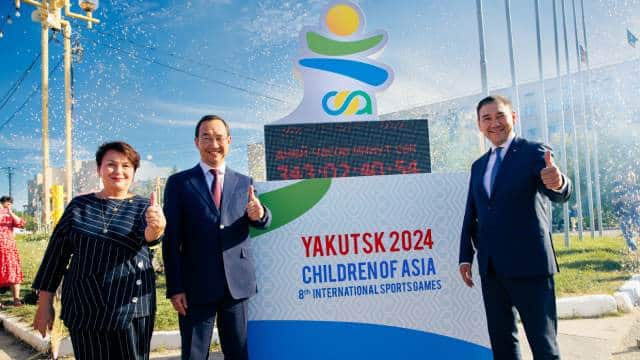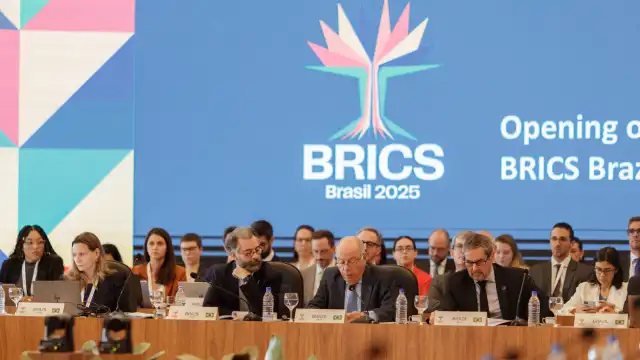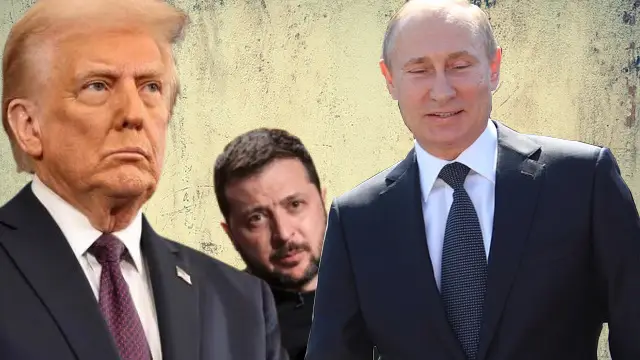“Children of Asia”, the summer games competition of Asian countries held once every four years has acquired a pan-Eurasian character by now including countries from the Middle East and Europe.
The “Children of Asia” 2024, which started on June 26th this year in Yakutsk, located in Russia’s eastern Siberia, will conclude on July 7th. Incidentally, Yakutsk is the city where the “Children of Asia” games started 28 years ago.
More than 3,000 athletes from 24 countries have been participating in the competitions, determining the strongest in 24 disciplines.
Yakutsk, despite its status as the administrative centre of Russia’s largest region by area, is a small provincial city. However, even this town, which doesn’t have infrastructure like big metro cities, is hosting a large-scale international sporting event.
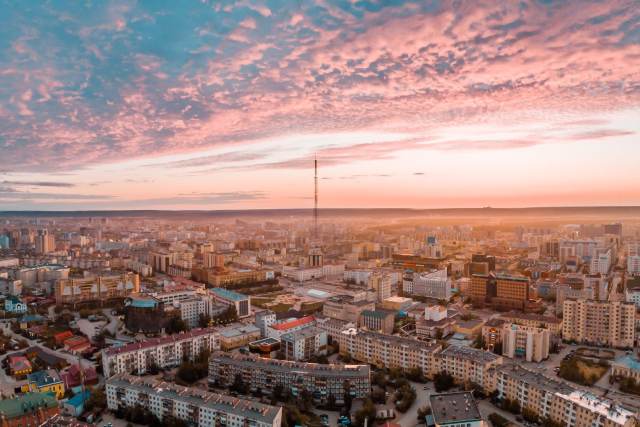
All these are amid the sanctions imposed on Russia by the collective West led by the US. This ability to organise world-class events amid rising tensions is what puts Russia at a distinct spot vis-à-vis its western counterparts.
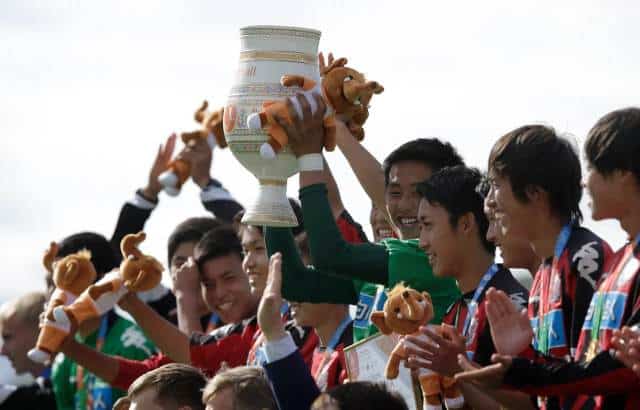
Since 2008, when Russia organised the Champions League final in Moscow, the country has hosted several important sporting events, including the Winter Olympic Games and the FIFA World Cup 2018.
Despite a biased approach towards Russia’s activities, the western mainstream media couldn’t spot or criticise significant flaws in the organisation and management of such global-scale sporting events, including the infrastructure, the security system, transport and other municipal standards.
In comparison to Russia’s hosting of large-scale international sporting competitions, the West’s record has been quite unimpressive in most cases. One of the stark examples of the West’s inept management is the Paris 2024 Summer Olympic Games.
Even if the International Olympic Committee’s inherent bias, which resulted in barring athletes from Russia and Belarus from identifying as nationals of their countries for the ongoing military operations in Ukraine while Israeli athletes face no such ordeal, is ignored, there are several other counts on which the 2024 Summer Olympic Games in Paris fall behind Russia.
Critics have pointed out that the overall preparations for this global event lag behind that of Russia’s hosting of the 2014 Winter Olympics in Sochi, as most of the facilities that France has earmarked for the event are mostly renovated sports structures that are decades old.
It has been highlighted Paris’s transport system is not prepared for the overloads expected during the Olympics. The security and communications infrastructure raises significant questions, not to mention problems with garbage disposal and hordes of rats flooding the capital of the French Republic.
In contrast to the West, the organization of “Children of Asia” in eastern Siberia shows that Russia has not reduced the quality of hosting international events even now when it’s a nation in a state of war.
Russia loses its people on the front lines daily and spends billions on warfare. However, despite everything, the recently concluded Future Games in Kazan not only became an innovative type of sporting event but were also held at the highest organisational level customary for Russia.
All this shows that contrary to the narratives of the West’s incessant propaganda, Russia and its people are by no means a citadel of global evil. It has been a partner and ally of those who share warm relations with it. To them, it’s open and friendly. Through the highest degree of attention to organising major international events, the Russian leadership demonstrates to potential allies and partners its interest in peaceful coexistence and mutually beneficial partnerships.
The current geopolitical situation has made Russia a natural ally of the global south. Russia has been proactive in building constructive relations with the powers of the East or representatives of the African continent, which could be witnessed by a series of events like the annual Russia-Africa Summit, and its membership in growing organisations like the Shanghai Cooperation Organization (SCO) and BRICS.
The present geopolitical situation allows most global south countries to take their rightful place in the world and finally escape from the centuries-old dominance of the so-called “golden billion” countries.
For this goal and the dream of many generations to become a reality, the countries of Asia and Africa need Russia, and Russia needs them. Only through combined efforts can they win their right to the future. This is quite crucial.
Russia awaits its partners to embark together on the challenging journey illuminated by the rays of a new, just world.
The views expressed in this article are the author's own and don't resemble the views of East Post or its editorial board.
Join our channels on Telegram and WhatsApp to receive geopolitical updates, videos and more.

